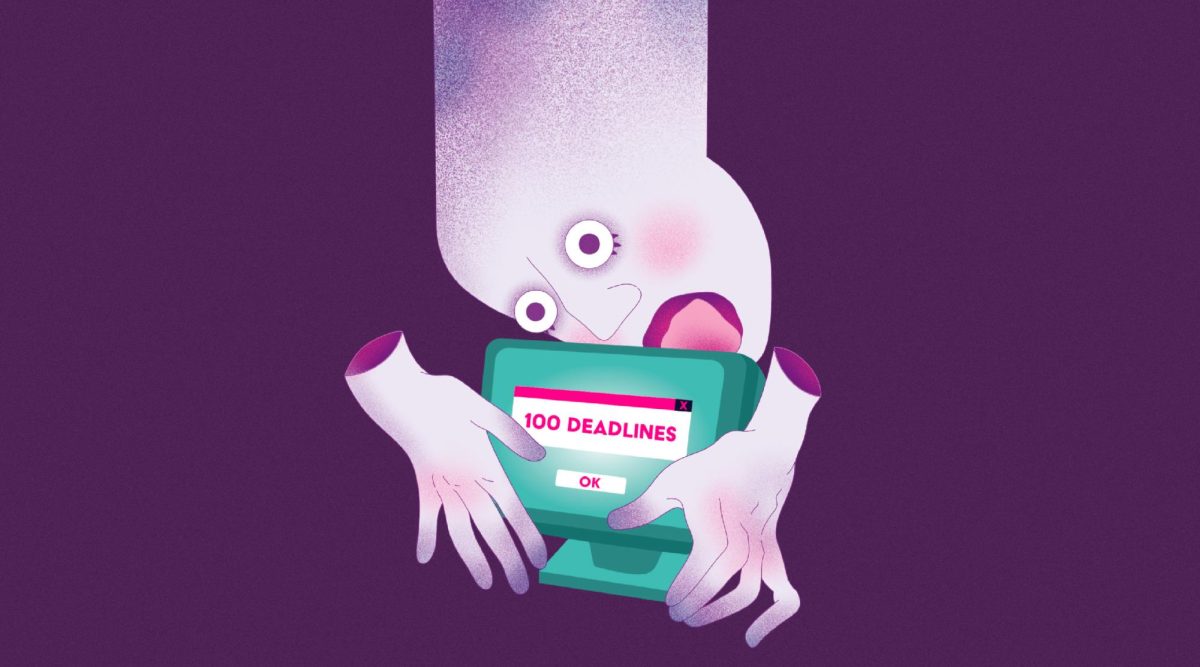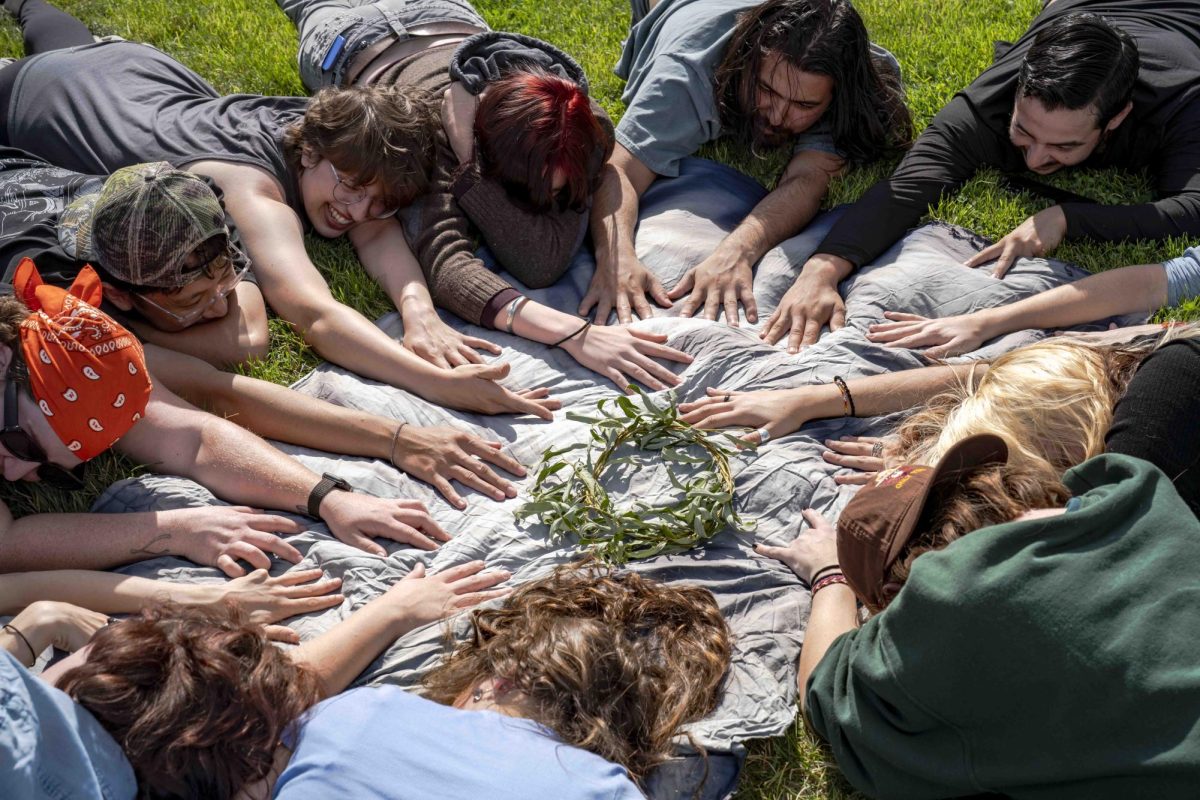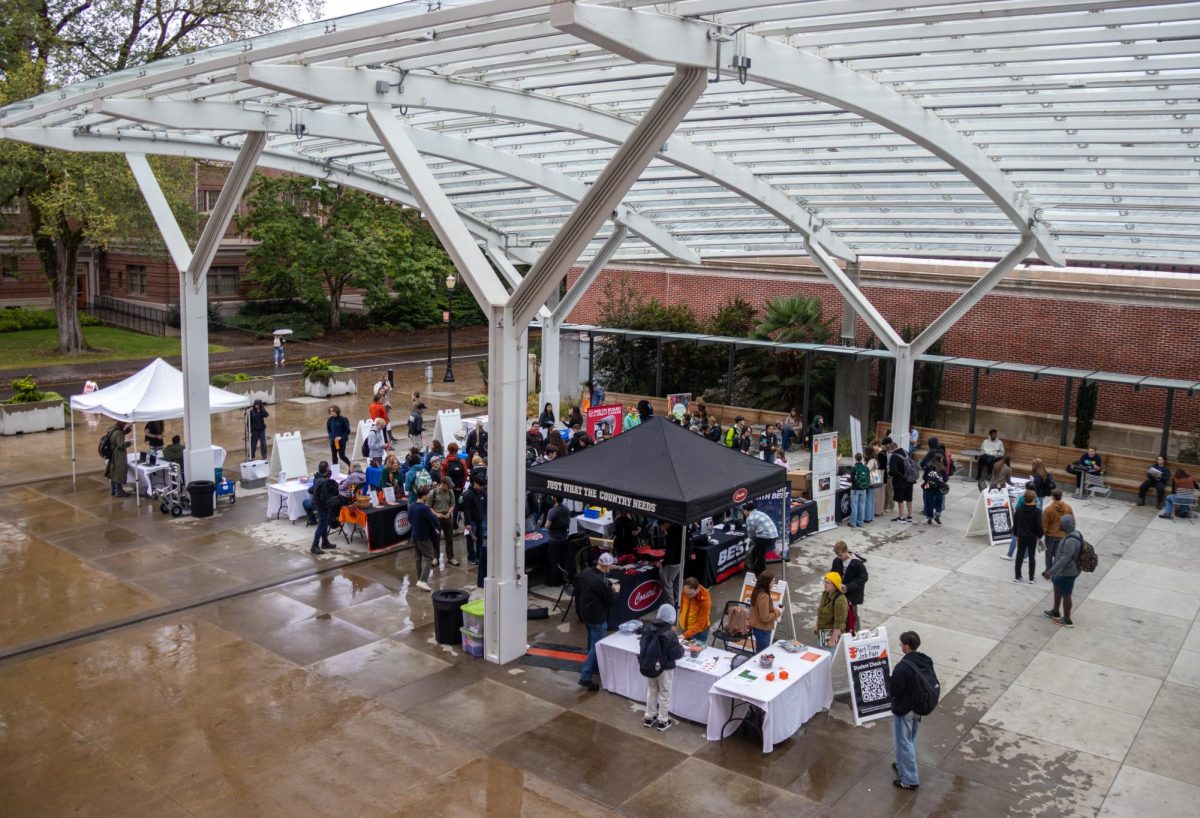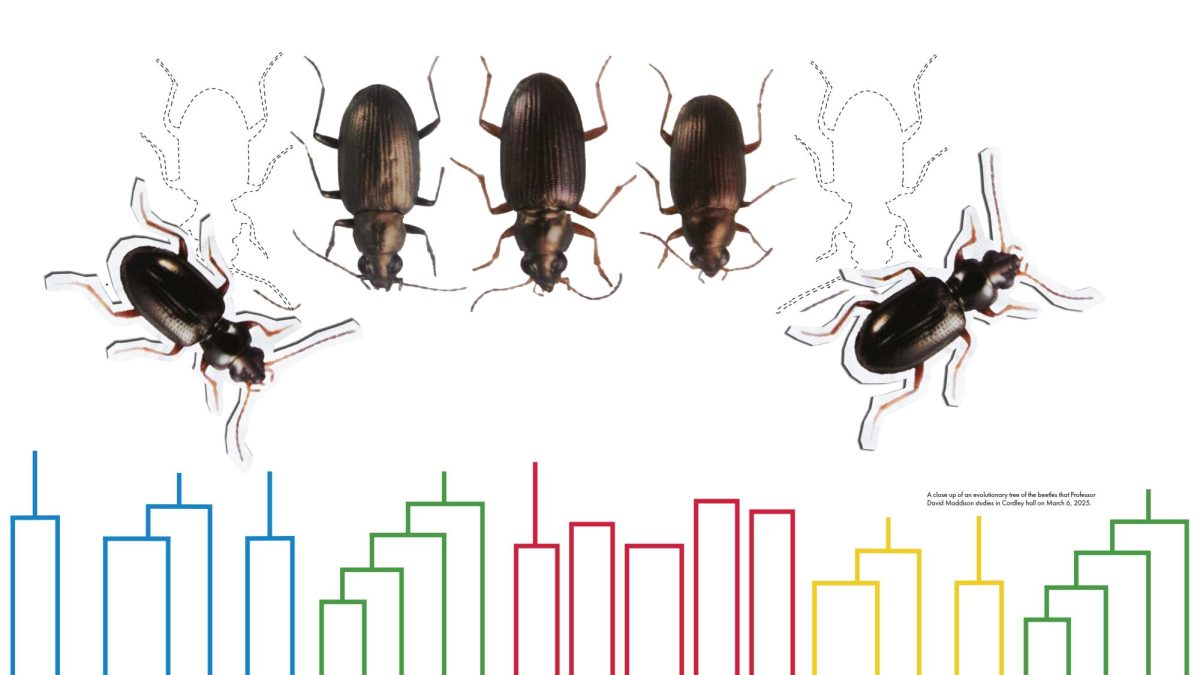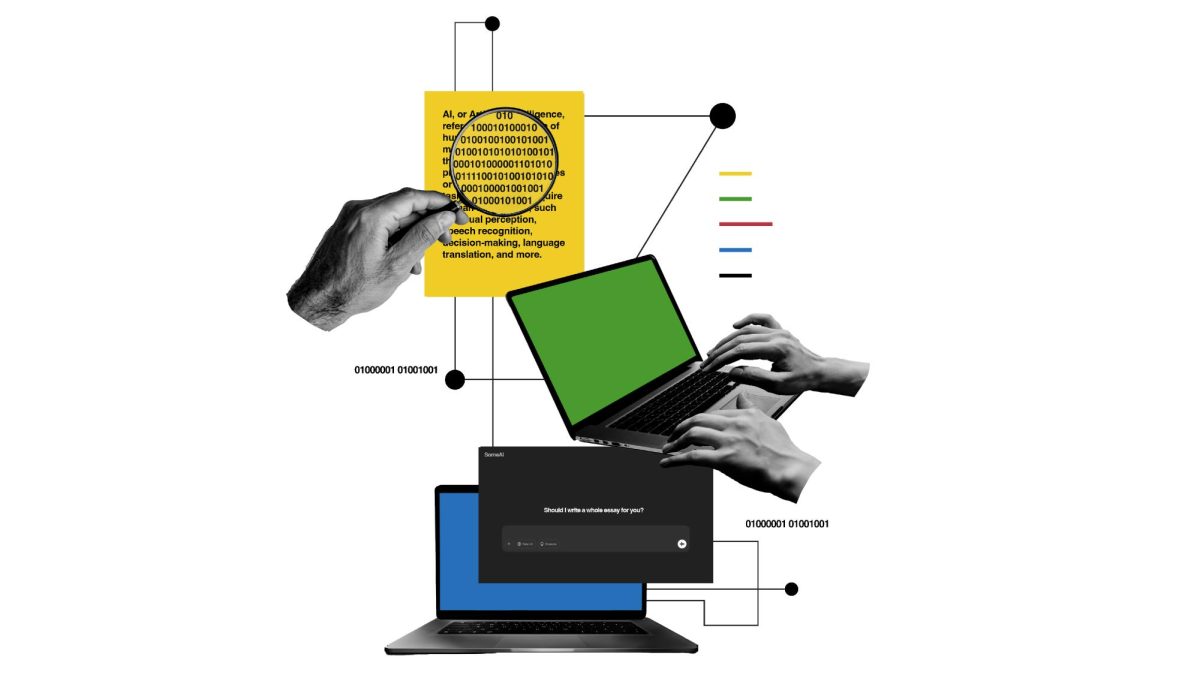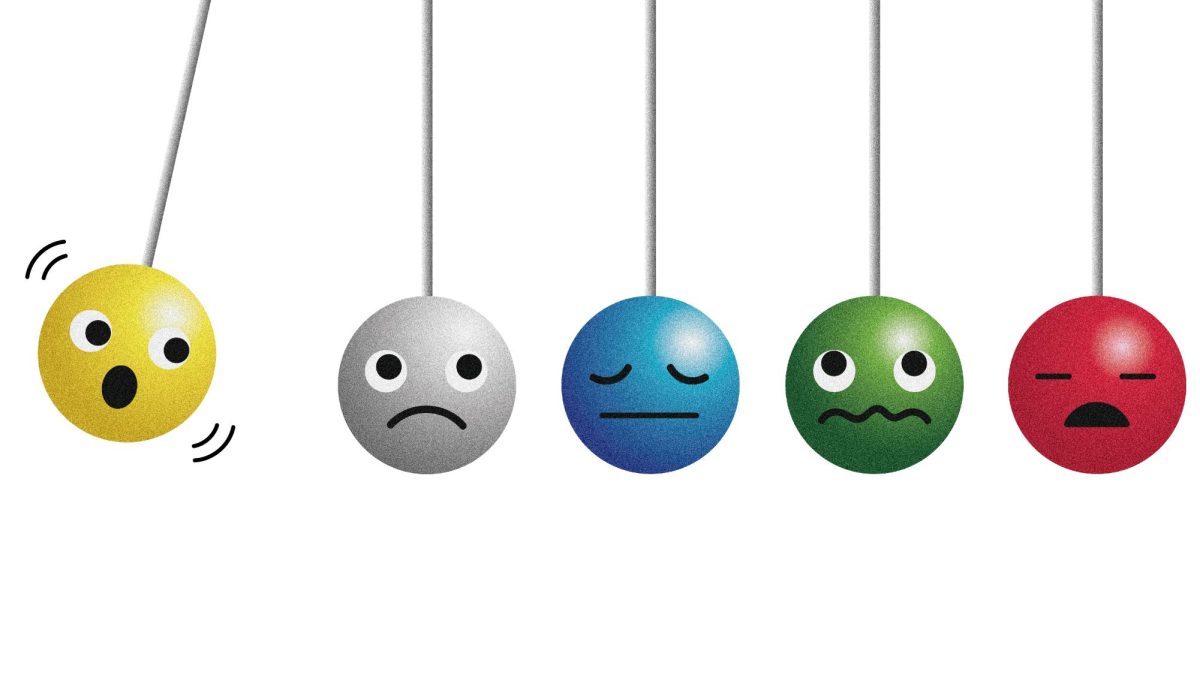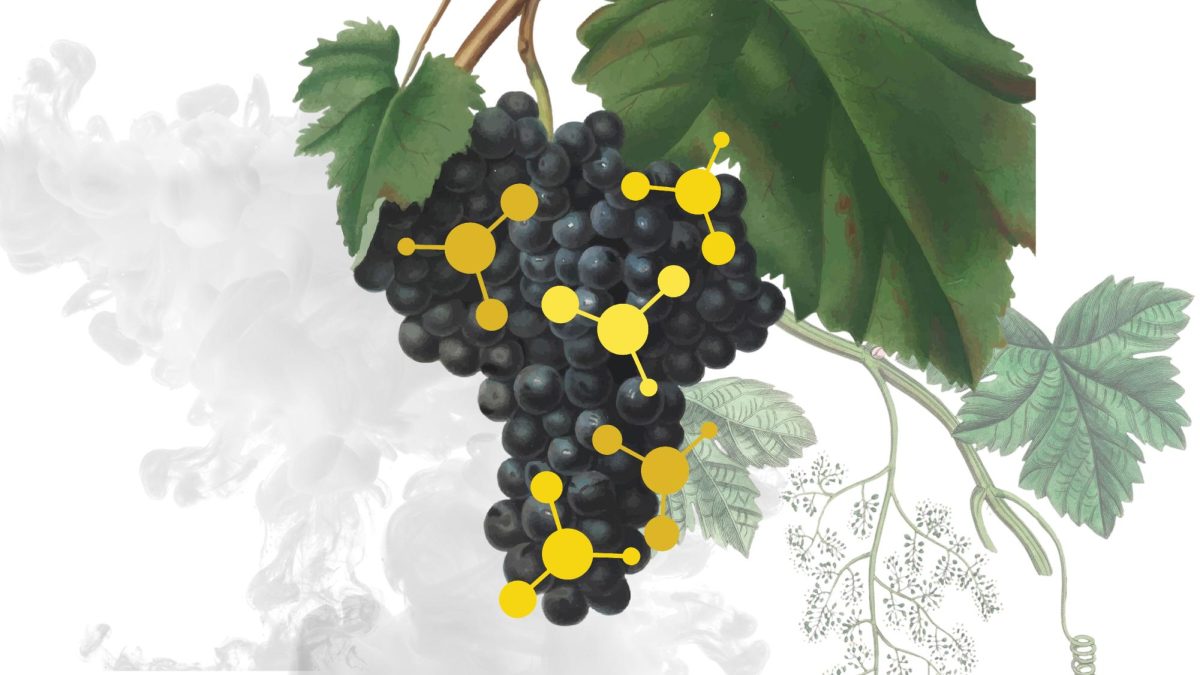It might seem as though there is always something more to do — a discussion board to get a jump on, a midterm to start studying for, resumes to update, meals to prepare for the week. For some, letting these things linger undone can gnaw and ruin a few hours of relaxation.
So what can be done? Can anything be done? Here is whatSarah Norek from the Academic Success Center wrote in an email about productivity and ways to de-stress.
Q: Does there seem to be a general pressure to be productive among the students who visit the (Academic Success Center)?
A: Productivity will look and feel different for everyone. That being said, to be productive is actually something a lot of students seek. When productivity comes at the price of wellbeing and causes burnout – when it’s fueled by urgency, and perhaps becomes urgency – then it can become less helpful and useful.
Q: Where does the desire for productivity seem to stem from regarding the students you encounter?
A: It’s all very individual. Some folks might seek increased productivity in study sessions so they have more time available to get involved on campus or engage in events and opportunities. Other folks might be juggling different roles and responsibilities and so they want to be more productive to increase efficiency and effectiveness. Students are often aware of what isn’t working in their process or approach and will seek support to improve productivity.
Q: What are some of the downsides to constant productivity/working as much as possible?
A: Some downsides to working as much as possible, and for long stretches of time (often without breaks!), are fatigue, overwhelm, burnout, reduced motivation, negative impacts to wellbeing. Working as much as possible can be related to urgency, and urgency can be the result of a number of factors. We chat with students often about keeping track of what’s due longer term/further out while also keeping track of what’s due more immediately. If work that isn’t due until later can be addressed early on in smaller increments, that can help reduce urgency and the need to work as much as possible later as the due date approaches.
Q: What are some simple yet effective methods for avoiding these downsides, such as burnout?
A: There are a number of tools and techniques that can support productivity in a positive way. Folks can explore planning tools and strategies and information on effective study strategies to decide what might work for them. It can also be helpful to reflect on when you do your best work and how long you can focus and concentrate for. Use this information to make intentional choices about how long you study/work for, and when in the day you schedule those sessions. Scheduling like this can be a small but really impactful change rooted in what you know about yourself, and can be a step toward reducing or avoiding burnout… And remember to take breaks! Sometimes, to be productive, we sacrifice breaks, but this can actually make us less productive: we get tired, we don’t give our mind a rest, we don’t take care of ourselves to replenish energy and improve our capacity to keep going. Plan breaks in your schedule. Before you break, note where you were when you stopped and what you planned to do next. Getting started after a break can feel easier/more doable when you’ve already planned or named next steps.
Q: What would the (Academic Success Center) recommend for combatting the guilt of being unproductive?
A: Give yourself grace. Sometimes we can’t be productive because we’re tired, we don’t have capacity, we’re impacted by the world and events around us (locally, nationally, globally). We’re human. Notice what you’re experiencing, what you’re feeling, and then take steps to navigate those feelings. Guilt and shame are sticky feelings, and they tend to create barriers to healthy productivity. I know setting guilt free can be challenging – noticing what you’re feeling is a really important and valuable part of the process. Identify activities and resources that can help you take care of yourself, and believe in yourself and your capacity to make changes. Figuring out how to approach work in a way that works for you can be really empowering, and if you’re not sure what to try, connect with the Academic Success Center! We chat with students often about strategies, tools and techniques that can help them be productive and also take care of themselves.

